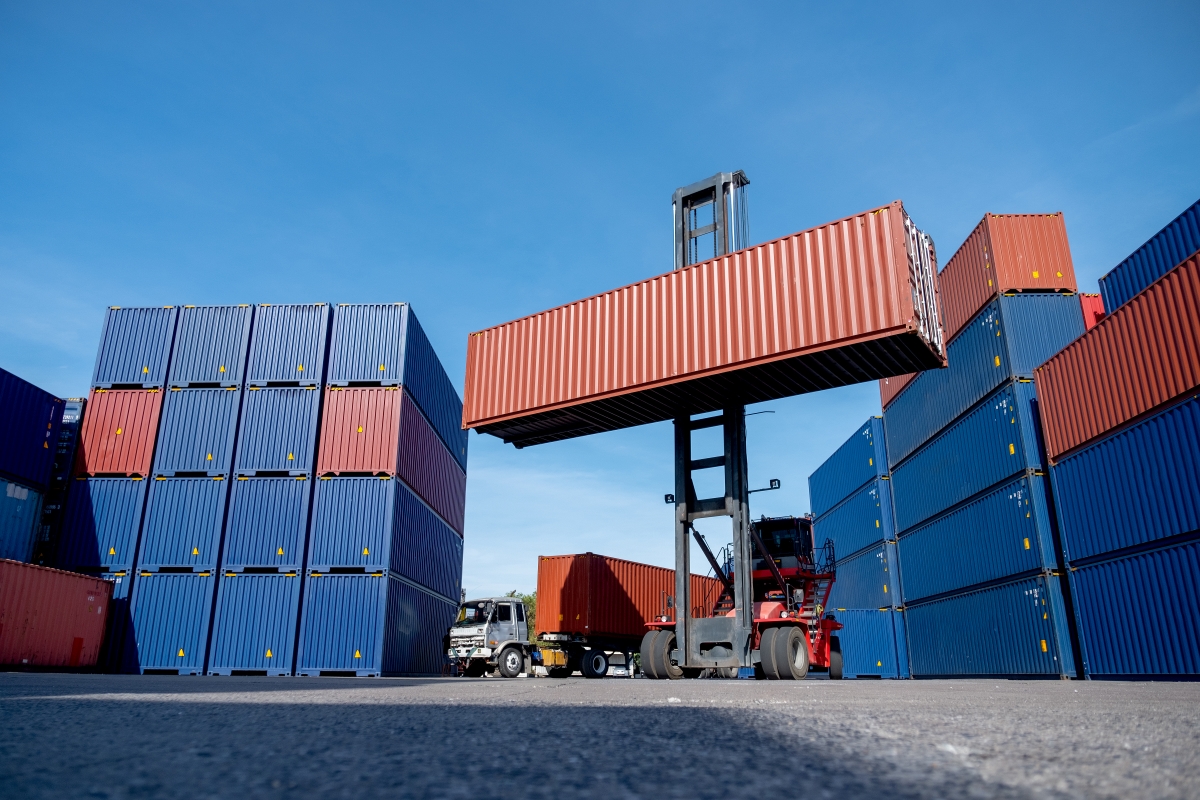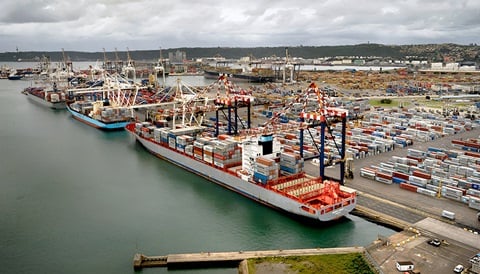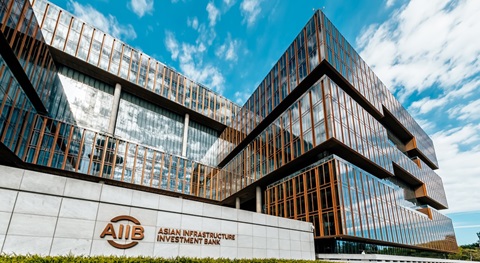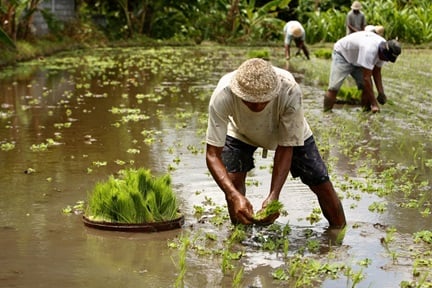Nigeria waives import tariffs on 90% African goods
The decision to lift import tariffs for African products is a shot in the arm for AfCFTA
By Anang Didam Patrick

The recent move by Nigeria to waive tariffs on 90% of African goods entering the country has delivered a huge boost for the continent’s single market ambition. As Africa's most populous country, Nigeria's decision promised to accelerate the impact of the African Continental Free Trade Area (AfCFTA), transforming it from a promising framework into a tangible force for regional integration.
Operational since 2021, the AfCFTA unites 54 countries into a single market of 1.4bn people with a combined GDP of over US$3.4 trn. Supported by operational instruments such as the Pan-African Payment and Settlement System (PAPSS), it seeks to eliminate tariffs on 90% of goods, liberalise trade in services, harmonise customs procedures, and address non-tariff barriers through digitalisation and regulatory alignment.
Fully implemented, the AfCFTA is expected to diversify exports, increase productive capacity, and open up new entrepreneurial opportunities. By creating a predictable, investor-friendly environment, the AfCFTA aims to accelerate growth through increased foreign direct investment, technology transfer, and job creation – strengthening Africa’s global competitiveness and accelerating sustainable development.
The zero‑duty policy has wide‑ranging implications for trade and investment opportunities in Nigeria. By lowering trade costs and easing market access, it is expected to boost intra‑African exports by opening up a market that was once burdened with an average import duty of 10–15%, diversify Nigeria’s heavily oil‑dependent economy by stimulating growth in manufacturing, agribusiness, and digital services, and anchor regional supply chains by leveraging its 206‑million‑strong population as a continental hub.
Among the various sectors, manufacturing, agriculture, transport, and digital trade stand to benefit the most. In particular, growth in manufacturing and agriculture aligns directly with the AfCFTA’s objectives by promoting economies of scale and enhanced market integration. Below are the 4 key sectors and how they could be impacted: Building on these sectoral opportunities, it is instructive to consider how other major economies have fared under similar measures. Ghana, Kenya and South Africa have enacted comparable waivers over the years, but Nigeria’s sheer market size makes its move uniquely consequential – amplifying both the potential gains and the challenges ahead. Experiences of the early adopters suggest that such reforms could lead to expanded trade and investment flows for Nigeria but its success will depend largely on effective implementation. There are still a lot of non-tariffs barriers in place. The Nigerian government can expect resistance from local industry as well as customs officials. The former has benefitted from serving a protected market, while latter see the reforms as a threat to rent-seeking opportunities. In the long-run, however, Nigerians will benefit from this decision.
Building on these sectoral opportunities, it is instructive to consider how other major economies have fared under similar measures. Ghana, Kenya and South Africa have enacted comparable waivers over the years, but Nigeria’s sheer market size makes its move uniquely consequential – amplifying both the potential gains and the challenges ahead. Experiences of the early adopters suggest that such reforms could lead to expanded trade and investment flows for Nigeria but its success will depend largely on effective implementation. There are still a lot of non-tariffs barriers in place. The Nigerian government can expect resistance from local industry as well as customs officials. The former has benefitted from serving a protected market, while latter see the reforms as a threat to rent-seeking opportunities. In the long-run, however, Nigerians will benefit from this decision.
Against the backdrop of mounting US–China trade tensions and new tariffs on Asian exports, Nigeria’s waiver offers Asian investors a fresh opportunity to redirect supply chains. By establishing production bases in Nigeria, investors stand to benefit significantly from producing goods locally and exporting them tariff‑free across the continent, reducing reliance on higher-cost routes and hedging geopolitical risks.
If implemented effectively, this policy decision could transform Nigeria into an investment magnet. It could catalyse dynamic growth, resilient supply chains, and position Nigeria, and by extension Africa, as a unified, investor ready single market.
(the author is a final year Nigerian student at the Africa Business School at the Mohammed VI Polytechnic University in Morocco)
References
Nigeria ratifies 90% duty waiver imports under AfCFTA, Legit.ng 2025
What Nigeria’s 90% AfCFTA tariff waiver means for trade, BusinessDay NG 2025
The need for a common currency and digitalisation of trade | NTU-SBF Centre for African Studies (CAS) | NTU Singapore
Kenya AfCFTA Brief, Accessed 26th April 2025
South African Department of Trade, Industry and Competition, Accessed 26th April 2025
The African Continental Free Trade Area (AfCFTA): What It Means for Kenya’s Trade and Business Future, Accessed 26th April 2025
Ghana Ministry of Trade. (2023). AfCFTA Guided Trade Initiative Progress Update.







